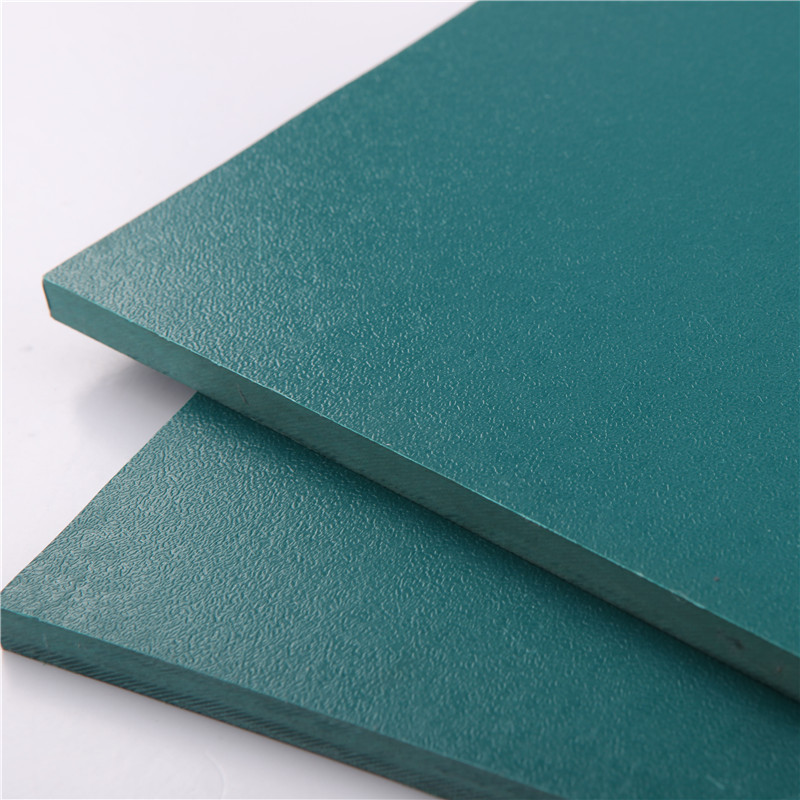Nov . 08, 2024 11:00 Back to list
HDPE Pipes for Efficient Water Supply Systems in Urban Infrastructure
The Importance of HDPE Water Supply Pipes in Modern Infrastructure
High-Density Polyethylene (HDPE) pipes have emerged as a cornerstone of modern water supply infrastructure, providing a reliable, efficient, and sustainable solution for water transportation. The increasing global demand for clean water and the need for robust infrastructure have made HDPE pipes an essential component in municipal and industrial applications.
One of the standout features of HDPE pipes is their exceptional durability. Unlike traditional materials like steel and concrete, HDPE is resistant to corrosion and chemical damage, making it ideal for various environments. This resistance ensures a longer lifespan for the pipes, which can exceed 50 years with proper installation and maintenance. Additionally, HDPE pipes are less susceptible to leaks and bursts, significantly reducing maintenance costs and ensuring a steady supply of water.
The Importance of HDPE Water Supply Pipes in Modern Infrastructure
The flexibility of HDPE pipes allows for a variety of installation methods, including trenchless technologies. These methods, such as Horizontal Directional Drilling (HDD), minimize disruption to the surrounding environment, which is increasingly important in urban settings where preserving infrastructure and green spaces is a priority. This adaptability not only saves time and cost during installation but also helps maintain the integrity of existing structures and ecosystems.
hdpe water supply pipe

Moreover, HDPE pipes are designed to be environmentally friendly. They are 100% recyclable, which aligns with global efforts to reduce plastic waste and promote sustainability. In addition to their recyclability, HDPE pipes help conserve water through their leak-resistant design, minimizing water loss in distribution systems. This aspect is crucial as communities face increasing pressure to manage water resources responsibly.
In terms of health and safety, HDPE pipes do not leach harmful substances into the water they transport. Unlike some traditional materials, HDPE is non-toxic and compliant with regulatory standards, ensuring that the water supply remains safe for consumption. This quality is particularly important in regions where water contamination poses significant health risks.
The global trend toward urbanization underscores the need for modern water supply solutions. As cities grow and populations increase, the demand for reliable and efficient water distribution systems escalates. HDPE pipes have proven to meet these demands, providing a cost-effective, durable, and environmentally sound option for municipal and industrial applications.
In conclusion, HDPE water supply pipes represent a significant advancement in infrastructure technology. Their durability, flexibility, and environmental benefits position them as a preferred choice for water distribution systems worldwide. As we face the challenges of climate change and resource scarcity, embracing innovative solutions like HDPE pipes will be crucial in building resilient and sustainable communities. The shift towards these advanced materials not only enhances current water supply systems but also lays a strong foundation for the future of water management globally. With their growing adoption, HDPE pipes are set to become synonymous with sustainability and efficiency in the water supply sector.
-
Durable PP Rigid Sheet: Lightweight, Chemical Resistant Solutions
NewsAug.21,2025
-
PVC Grey Sheet for Extraction: Chemical Resistant & Durable
NewsAug.19,2025
-
Durable PVC Pipe Fittings for Plumbing & Irrigation Needs
NewsAug.18,2025
-
HDPE Steel Belt Reinforced Spiral Corrugated Pipe | High Strength
NewsAug.17,2025
-
HDPE Pipe Fittings: Durable, Leak-Proof Solutions
NewsAug.16,2025
-
Premium CPVC Sheet: High-Temp & Chemical Resistant Solutions
NewsAug.15,2025

